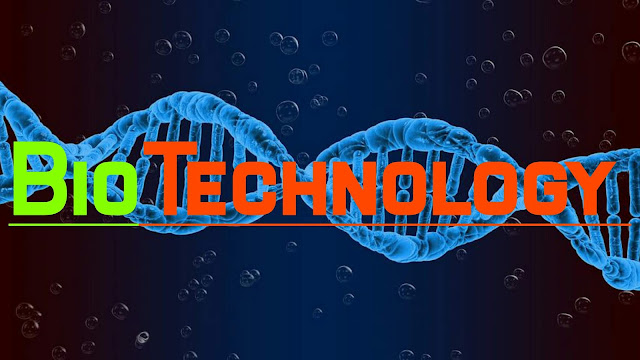 |
| Biotechnology |
Biotechnology is a science that studies the possibility of using living organisms or their metabolic products to solve certain technological problems.
Using biotechnology, certain human needs are met, for example: the development of medicines, the modification or creation of new species of plants and animals, which increases the quality of food
Biotechnology in modern medicine.
Biotechnology, as a science, established itself at the end of the twentieth century, namely at the beginning of the 70s. It all started with genetic engineering, when scientists were able to transfer genetic material from one organism to another without the implementation of sexual processes. For this, recombinant DNA or rDNA was used. This method is used to change or improve a specific organism.
To create an rDNA molecule you need:
extract a DNA molecule from an animal or plant cell;
process an isolated cell and plasmid, and then mix them;
then, the modified plasmid is transferred to the bacterium, and that in turn multiplies copies of the information that was introduced into it.
Medical biotechnologies are divided into 2 large groups:
Diagnostic, which, in turn, are: chemical (determination of diagnostic substances and metabolic parameters); physical (determination of the physical fields of the body);
Therapeutic.
Medical biotechnology includes such production processes during which biological objects or medical substances are created. These are enzymes, vitamins, antibiotics, individual microbial polysaccharides, which can be used as stand-alone products or as auxiliary substances in the creation of various dosage forms, amino acids.
So, biotechnology methods are used:
for the production of human insulin through the use of genetically modified bacteria;
to create erythropoietin (a hormone that stimulates the formation of red blood cells in the bone marrow.
Medical genetics in the future will be able not only to prevent the birth of inferior children by diagnosing genetic diseases, but also to transplant genes to solve the existing problem.
Biotechnology in the future will give mankind enormous opportunities not only in medicine, but also in other areas of modern science.
Biotechnology in modern science.
Biotechnology in modern science is of great benefit. Due to the discovery of genetic engineering, it has become possible to develop new varieties of plants and animal breeds that will benefit agriculture.
Biotechnology studies are associated not only with biological sciences. Field-effect ion-selective transistors (HpaI) have been developed in microelectronics.
Biotechnology is needed to increase oil recovery. The most developed area is the use of biotechnology in ecology for the treatment of industrial and domestic wastewater.
Many other disciplines contributed to the development of biotechnology, which is why biotechnology should be attributed to complex science.
Another reason for the active study and improvement of knowledge in biotechnology was the question of the lack (or future shortage) of socio-economic needs.
In the world there are such problems as:
lack of fresh or purified water (in some countries);
environmental pollution with various chemicals;
energy shortage;
the need to improve and obtain completely new environmentally friendly materials and products;
Scientists are confident that it is possible to solve these and many other problems with the help of biotechnology.
Basic typical technological methods of modern biotechnology
Biotechnology can be distinguished not only as a science, but also as a sphere of practical human activity, which is responsible for the production of various types of products with the participation of living organisms or their cells.
The theoretical basis for biotechnology at the time was such a science as genetics, it happened in the twentieth century. But in practice, biotechnology was based on the microbiological industry.
The microbiological industry, in turn, received a strong impetus in development after the discovery and active production of antibiotics.
The objects that biotechnology works with are viruses, bacteria, various representatives of flora and fauna, fungi, as well as organoids and isolated cells.
Visual biotechnology. Genetic and cellular engineering
Genetic and cellular engineering in combination with biochemistry are the main areas of modern biotechnology.
Cell engineering - the cultivation under special conditions of cells of various living organisms (plants, animals, bacteria), various kinds of research on them (combination, extraction or transplantation).
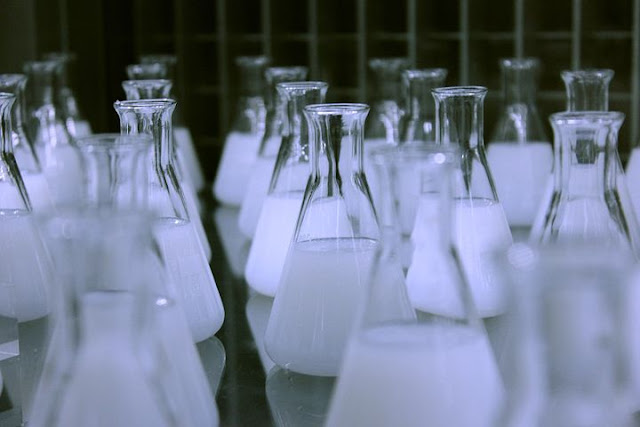 |
Cell engineering - the cultivation under special conditions of cells of various living organisms (plants, animals, bacteria), various kinds of research on them (combination, extraction or transplantation).
The most successful is the cellular engineering of plants. With the help of cell engineering of plants, it became possible to accelerate breeding processes, which allows us to develop new varieties of crops. Now the breeding of a new variety has decreased from 11 years to 3-4.
Genetic (or genetic) engineering is a department of molecular biology in which they study and isolate genes from the cells of living organisms, after which they are manipulated to achieve a specific goal. The main tools used in genetic engineering are enzymes and vectors.
Cloning Biotechnology
Cloning is the process of obtaining clones (i.e. descendants that are completely identical to the prototype). The first cloning experiment was conducted on plants that were cloned vegetatively. Each individual plant resulting from cloning was called a clone.
In the process of development of genetics, this term began to be applied not only to plants, but also to the genetic elimination of bacteria.
Already at the end of the twentieth century, scientists began an active discussion of human cloning. Thus, the term “clone” began to be used in the media, and later in literature and art.
As for bacteria, they have cloning - this is almost the only way of reproduction. It is “cloning of bacteria” that is used in cases where the process is artificial and man controls it. This term does not apply to the natural reproduction of microorganisms.
Genetic engineering
Genetic engineering is an artificial change in the genotype of a microorganism caused by human intervention to produce crops with the necessary qualities.
Genetic engineering is engaged in research and study not only of microorganisms, but also of humans, actively studying diseases related to the immune system and oncology.
Cell Plant Biotechnology
Cellular biotechnology is based on the use of cells, tissues and protoplasts. To successfully manage the cells, it is necessary to separate them from the plant and create all the necessary conditions for them to successfully exist and reproduce outside the plant body. This method of growing and propagating cells is called the "culture of isolated tissues" and has received special significance because of the possibility of application in biotechnology.
Biotechnology in the modern world and human life
The potential that biotechnology offers to humans is great not only in basic science, but also in other fields of activity and fields of knowledge. Using biotechnological methods, it became possible to mass-produce all the necessary proteins.
The processes for producing fermentation products have become much simpler. In the future, biotechnology will improve animals and plants. Scientists are considering options for combating hereditary diseases using genetic engineering.
Genetic engineering, as the main direction in biotechnology, significantly accelerates the solution of the problem of food, agricultural, energy and environmental crises.
Biotechnology has the greatest impact on medicine and pharmaceuticals. It is predicted that in the future it will be possible to diagnose and treat those diseases that have the status of “incurable”.
Ethical Aspects of Some Advances in Biotechnology
After it became known that some scientific laboratories not only carried out experiments on human embryos, but also tried to clone people, a wave of heated discussion went on not only among scientists, but also among ordinary people.
In biotechnology, two ethical issues related to human cloning can be distinguished:
therapeutic cloning (cultivation of human embryos for the use of their cells for the purpose of treatment);
reproductive cloning (the creation of human clones).
Modern achievements and problems of biotechnology
With the help of biotechnology, a huge number of products for healthcare, agriculture, food and chemical industries have been and will be obtained. It is worth mentioning that many of the products could not be obtained in any other way.
With regard to problems, it is mainly ethical aspects related to the fact that society denies and considers the cloning of a person or a human embryo negative.
Current status and prospects of biotechnology
In biotechnology, the industry of microbial synthesis of substances valuable to humanity has begun to develop. This may entail a change in the distribution of the role of the food base, based on plants and animals, towards microbial synthesis.
Obtaining clean energy using biotechnology is another important and promising area in science.
Companies Developing New Biotechnologies
Forbes magazine presented a list of the most innovative biotechnology companies in the world, including companies such as Genentech, Novartis International AG, Merck & Co, Pfizer, Sanofi, Perrigo. All these companies are directly related to pharmaceuticals and are developing in this direction.
Many of the companies successfully take an active part in the development of the Russian biotechnology market:
- the company is engaged in the removal of vaccines and the production of drugs in the field of oncology, one of the enterprises operates in St. Petersburg.
"Pfizer"
- produces over-the-counter drugs in various fields of medicine. For several years, Pfizer has been implementing the “More Than Education” program in Russia under agreements with Moscow State University. M.V. Lomonosov and St. Petersburg State Chemical Pharmaceutical Academy.
"Sanofi"
- the company produces drugs for the treatment of diabetes and sclerosis. Sanofi-Aventis Vostok, a full-cycle insulin production plant, successfully operates in Russia.
In Russia, a special role is given to the Cluster of Biomedical Technologies of the Skolkovo Innovation Center, RVC OJSC and Rusnano OJSC. Pharmaceutical and medical biotechnologies are handled by the companies OJSC Akrikhin, LLC Gerofarm, and NPF Litekh. The Himrar Center for High Technologies unites high-tech organizations leading the development and production of 14 innovative companies that develop drugs based on the latest “post-genomic” technologies.
In addition, there are young startups developing new biotechnologies:
3D Bioprinting Solutions on the basis of three-dimensional bioprinting creates organs from the patient’s stem cells;
BioMikroGeli offers development of water and soil purification using microgels.
Atlas Biomedical Holding analyzes the microbiota of the body as part of the OhmyGut project.
-Vikash Ahuja

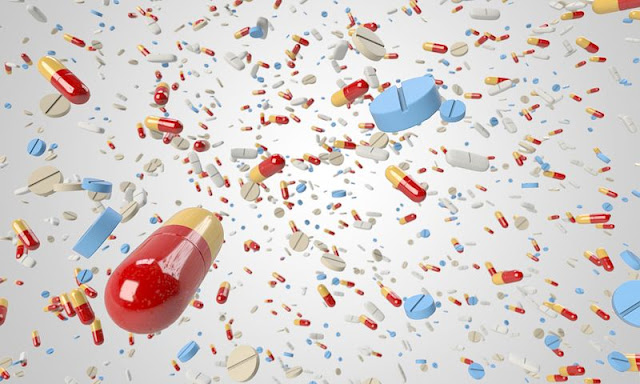
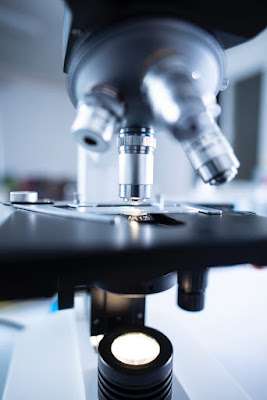
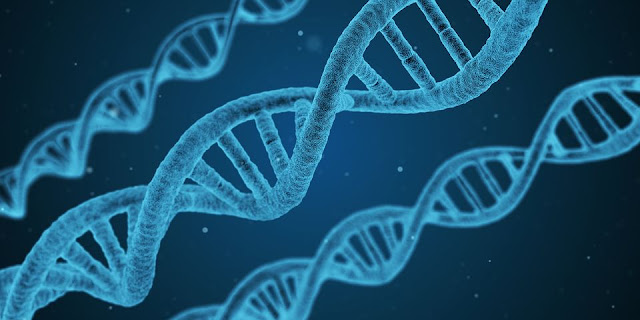
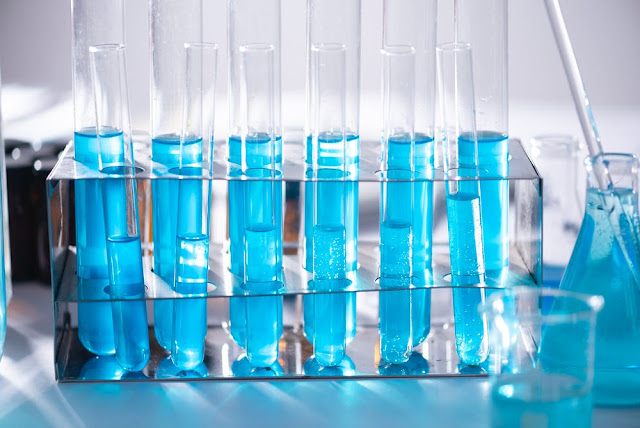
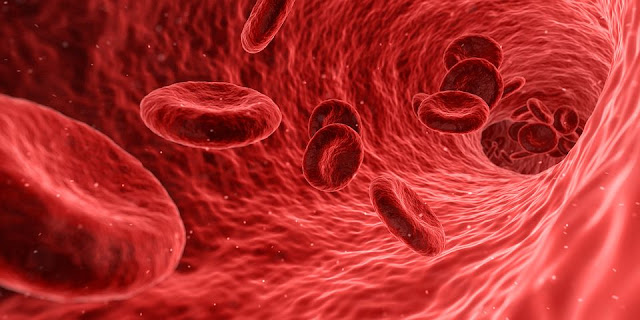
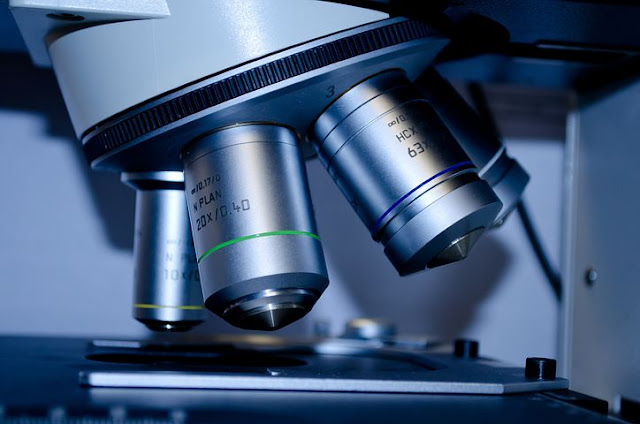
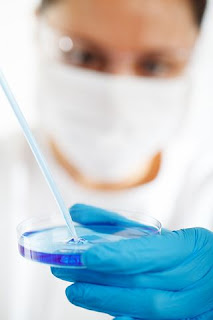

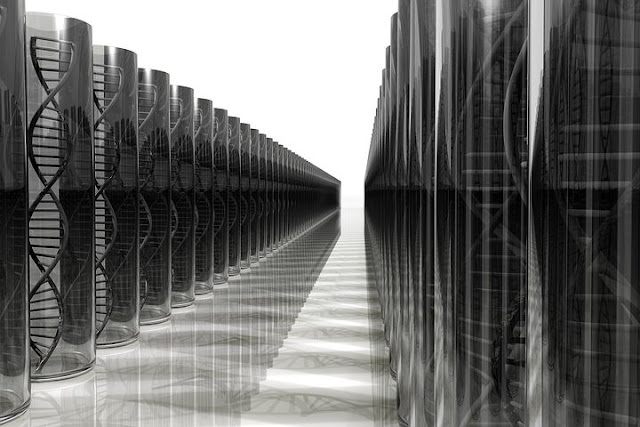

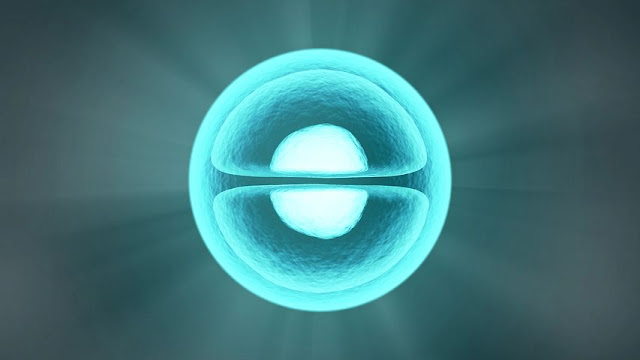





Post a Comment